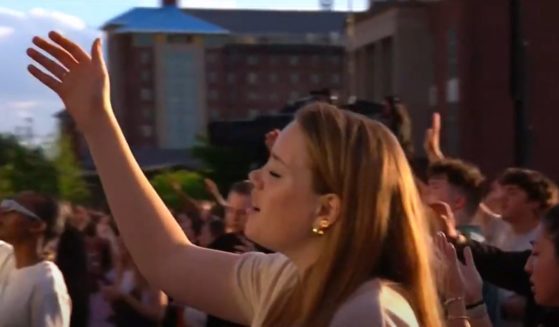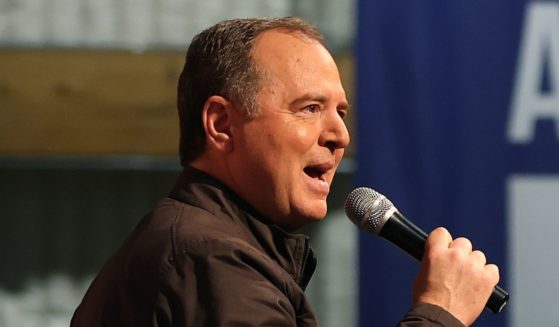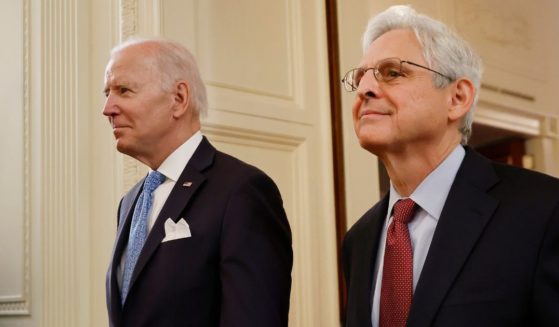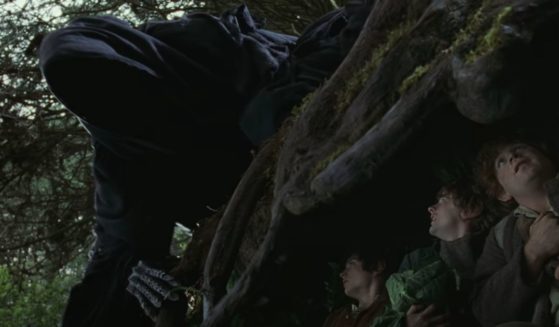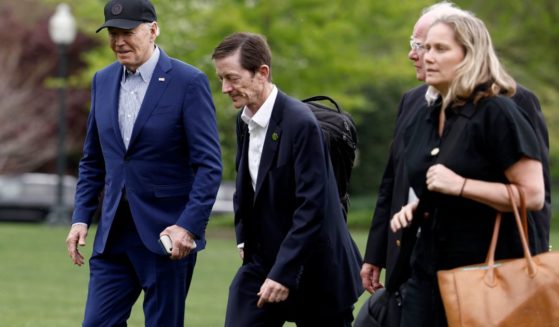Israeli media: Early elections called for April 9
JERUSALEM (AP) — Prime Minister Benjamin Netanyahu on Monday called early elections for April, setting the stage for a three-month campaign clouded by a series of corruption investigations against the long-serving Israeli leader.
Riding high in the polls, Netanyahu appears all but certain to win a fourth consecutive term and a place in history as the country’s longest-serving prime minister. Those bright prospects, however, could be derailed by a looming decision by the country’s attorney general on whether to file charges against Netanyahu.
Netanyahu, facing the possibility of bribery and breach of trust charges in three different cases, made scant mention of these investigations at a gathering of his Likud Party as he announced plans for what is expected to be an April 9 vote.
Appearing loose and confident, he listed his government’s accomplishments in office and said he hoped his current religious, nationalistic coalition would be the “core” of Israel’s next government as well.
“We will ask the voters for a clear mandate to continue leading the state of Israel our way,” he said to applause from party members.
Netanyahu, who also served a term in the late 1990s, has been prime minister for the past decade.
His supporters point to a humming, high-tech economy, his handling of security issues, particularly countering the threat of Iranian influence in the region, and his gains on the diplomatic stage, including a close alliance with President Donald Trump that has paid important dividends.
Trump’s recognition of Jerusalem as Israel’s capital and his withdrawal from the international nuclear deal were both welcomed by Netanyahu. The Israeli leader also has quietly forged ties with Sunni Arab states, further sidelining the Palestinians, who have severed ties with the U.S. because they believe Trump is biased against them.
The White House still has not released a long-awaited peace plan, and Monday’s announcement could further delay its release.
But critics say these gains have come at a deep price to Israel’s democratic ideals. Netanyahu’s hard-line government has promoted a series of laws that critics say are aimed at muzzling liberal critics and sidelining the minority Arab population. They point to wide gaps between rich and poor and high cost of living, and say that by neglecting the Palestinian issue and continuing to build settlements in the West Bank, the country is on the path to becoming an apartheid-like binational state.
Former Prime Minister Ehud Barak called the election “the most fateful” since the assassination of then-Prime Minister Yitzhak Rabin in 1995.
“If we all act properly, on April 10 we will part with Netanyahu,” he said on Hahadashot TV. “The state of Israel will get on a different path instead of this nationalist, racist, dark vision.”
Barak called for the country’s dovish and centrist parties to band together in a unified “bloc” in a bid to topple Likud.
Yair Lapid, leader of the centrist Yesh Atid party, said the election was a battle for the “soul of the country.”
For now, there does not appear to be anyone with the popularity or gravitas to topple Netanyahu.
One wild card is Benny Gantz, a popular former military chief who is flirting with the idea of entering politics. Opposition parties have been aggressively courting Gantz. But for now, he has not committed to joining any party.
Instead, the biggest threat appears to be posed by Attorney General Avichai Mandelblit, who must soon decide on whether to indict the prime minister.
Earlier this month, police recommended that Netanyahu be charged with bribery for promoting regulatory changes worth hundreds of millions of dollars to the country’s main telecom company Bezeq. In exchange, they believe Netanyahu used his connections with Bezeq’s controlling shareholder to receive positive press coverage on the company’s popular news site.
Police have also recommended indicting Netanyahu on corruption charges in two other cases. One involves accepting gifts from billionaire friends, and the second revolves around alleged offers of advantageous legislation for a major newspaper in return for favorable press coverage.
Netanyahu has denied any wrongdoing and said he is the victim of a media-fueled witch hunt. At Monday’s Likud meeting, Netanyahu brushed off a reporter’s question and said he expected the investigations to lead nowhere.
Mandelblit has not said when he expects to make a decision. The Justice Ministry announced Monday that deliberations were continuing and were “not dependent on political events.”
Israeli law is unclear about whether a sitting prime minister must resign if charged with a crime, and Netanyahu has hinted that he will remain in office to fight any indictment.
But criminal charges, and the distraction of a protracted legal battle, could fuel calls for him to step aside.
Finance Minister Moshe Kahlan, a key ally, said Monday that a prime minister “cannot serve” if he is indicted following a required hearing.
Reuven Hazan, a political scientist at Israel’s Hebrew University, said the campaign would be dominated by “a discussion of whether Netanyahu should stay after, if he is prosecuted.”
He said Netanyahu had settled on the April election, roughly seven months ahead of schedule, in part to “pre-empt” an indictment. The thinking is that it would be politically difficult for Mandelblit to indict, and potentially topple, a popular, newly re-elected prime minister.
“He wants to turn around to the attorney general and say ‘before you decide to prosecute me pay attention. The people of Israel have re-elected me for a fourth time,'” Hazan explained.
An electoral victory would send a message that “you cannot overturn the results of a democratic election,” he said.
Netanyahu’s coalition has been roiled by internal divisions for months. Avigdor Lieberman, leader of a small, ultranationalist party, resigned as defense minister last month to protest what he perceived to be the government’s weak response to rocket attacks from Hamas-ruled Gaza.
That left Netanyahu with a fragile majority of just 61 seats in the 120-seat parliament.
But a new bill extending the military draft to Jewish ultra-Orthodox men appeared to be the final trigger for the government’s downfall.
Ultra-Orthodox parties consider conscription a taboo. As a deadline for the legislation loomed, his religious coalition partners were demanding the legislation be weakened.
Earlier Monday, Lapid, a harsh critic of the religious parties, said he was rescinding his support for the draft bill, saying the planned compromise essentially rewarded draft dodgers.
As a result, Netanyahu convened his fellow coalition faction leaders and the decision was made to dissolve parliament and go to elections.
___
Ilan Ben Zion contributed reporting.
The Western Journal has not reviewed this Associated Press story prior to publication. Therefore, it may contain editorial bias or may in some other way not meet our normal editorial standards. It is provided to our readers as a service from The Western Journal.
Truth and Accuracy
We are committed to truth and accuracy in all of our journalism. Read our editorial standards.


